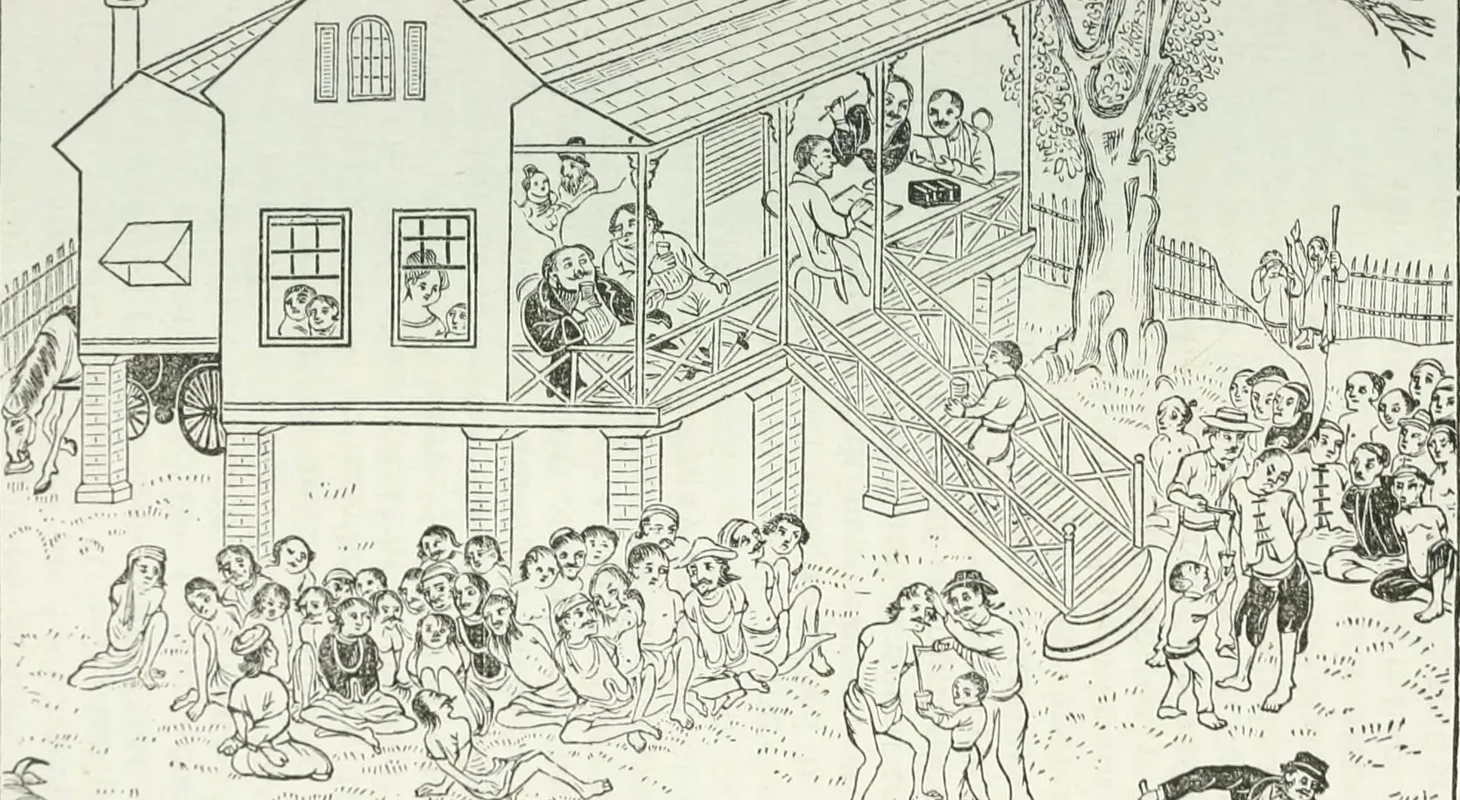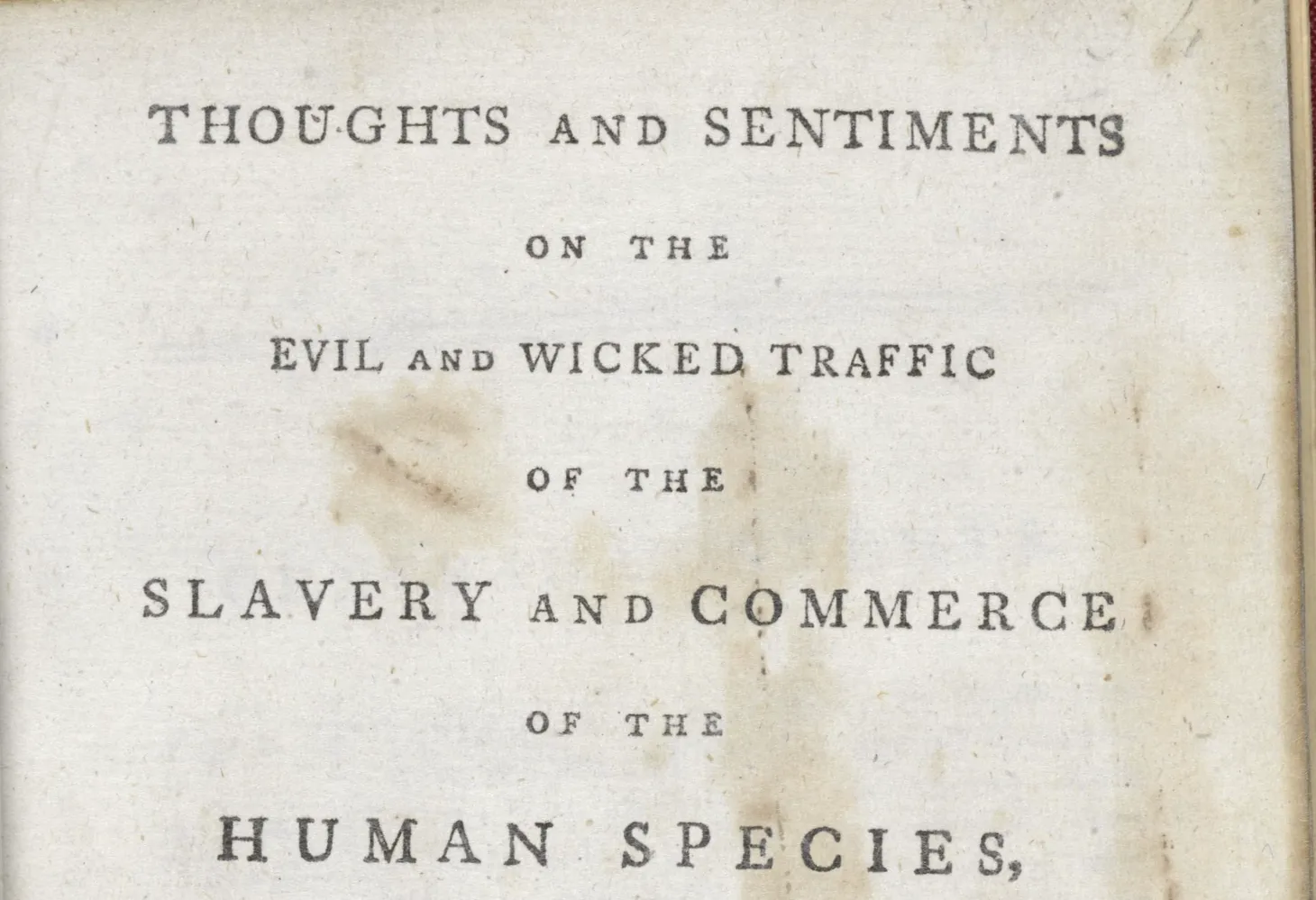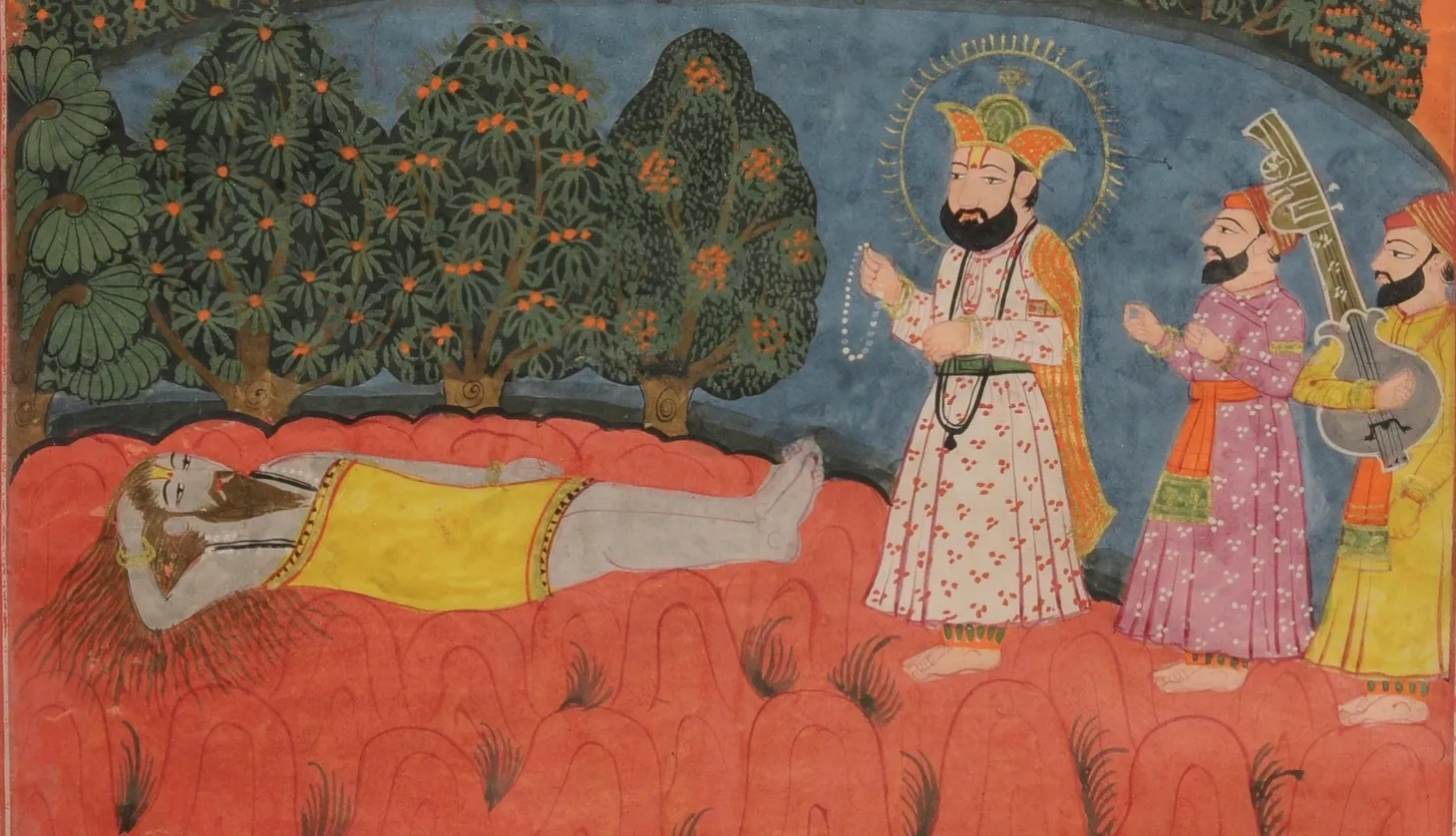“He Has Favored Us”: Amsterdam’s Jewish Community and the Transatlantic Slave System in the Seventeenth Century
Discussion of teaching Amsterdam’s Jewish community in the seventeenth century
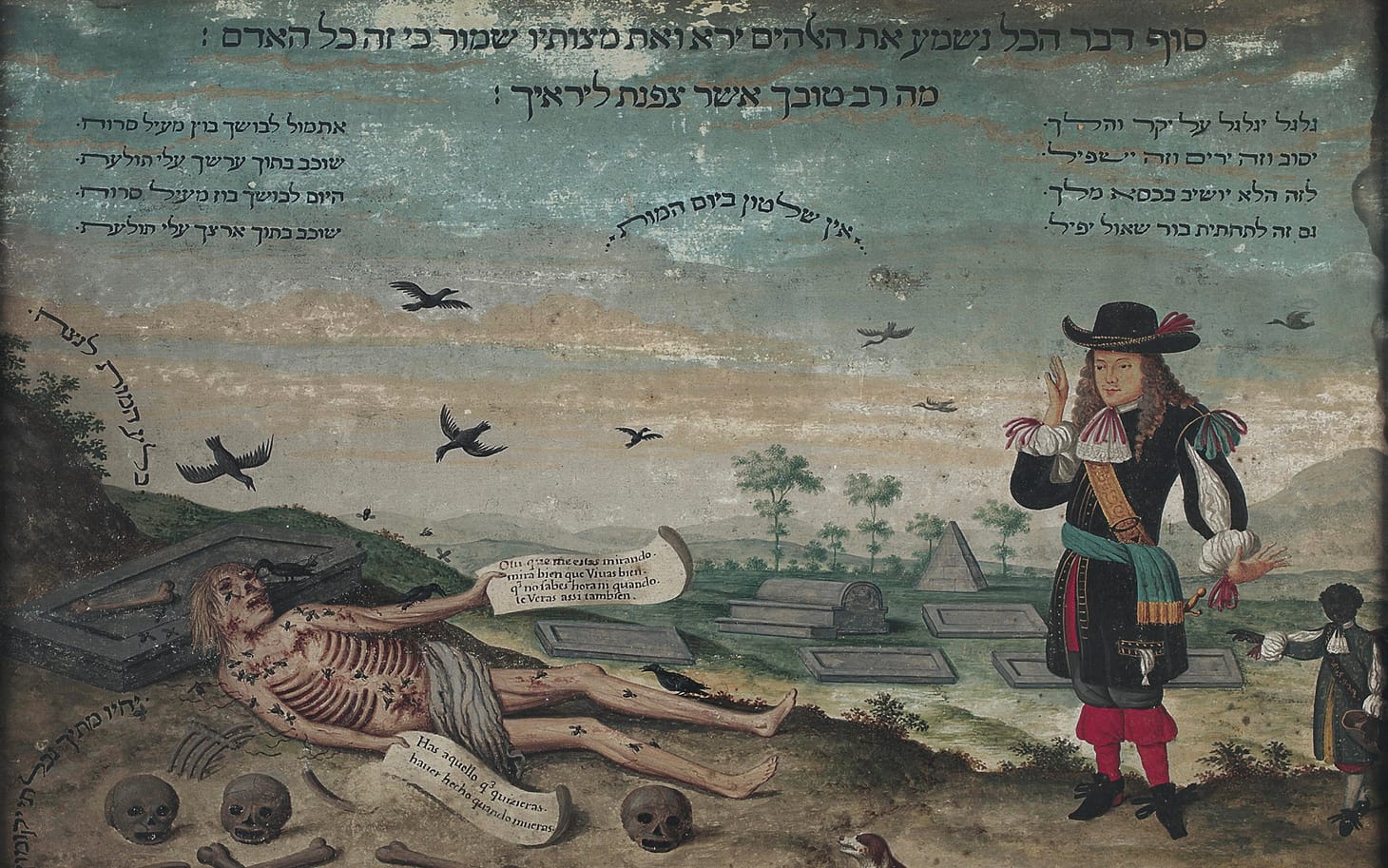
Even though the idea of a “Dutch Golden Age” still appears in many world history textbooks, many historians and art historians have recently questioned and pushed back at the phrase as a description of the Netherlands in the late sixteenth and seventeenth centuries. That label often suggests an overwhelmingly White portrayal of the Netherlands and is connected to Dutch colonialism. We increasingly recognize that the Netherlands, and especially Amsterdam, were more ethnically and religiously diverse in the seventeenth century than many people had assumed.
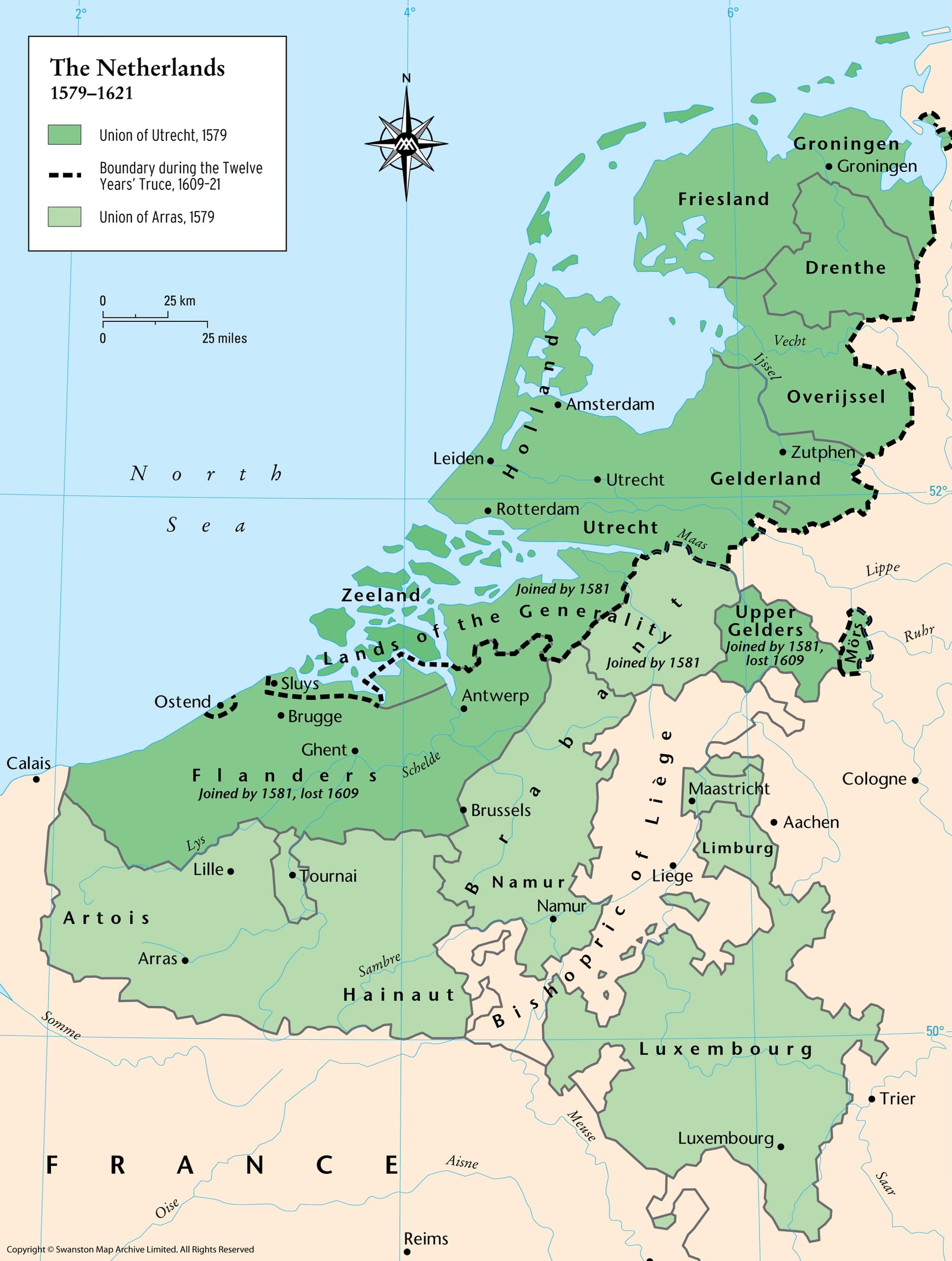
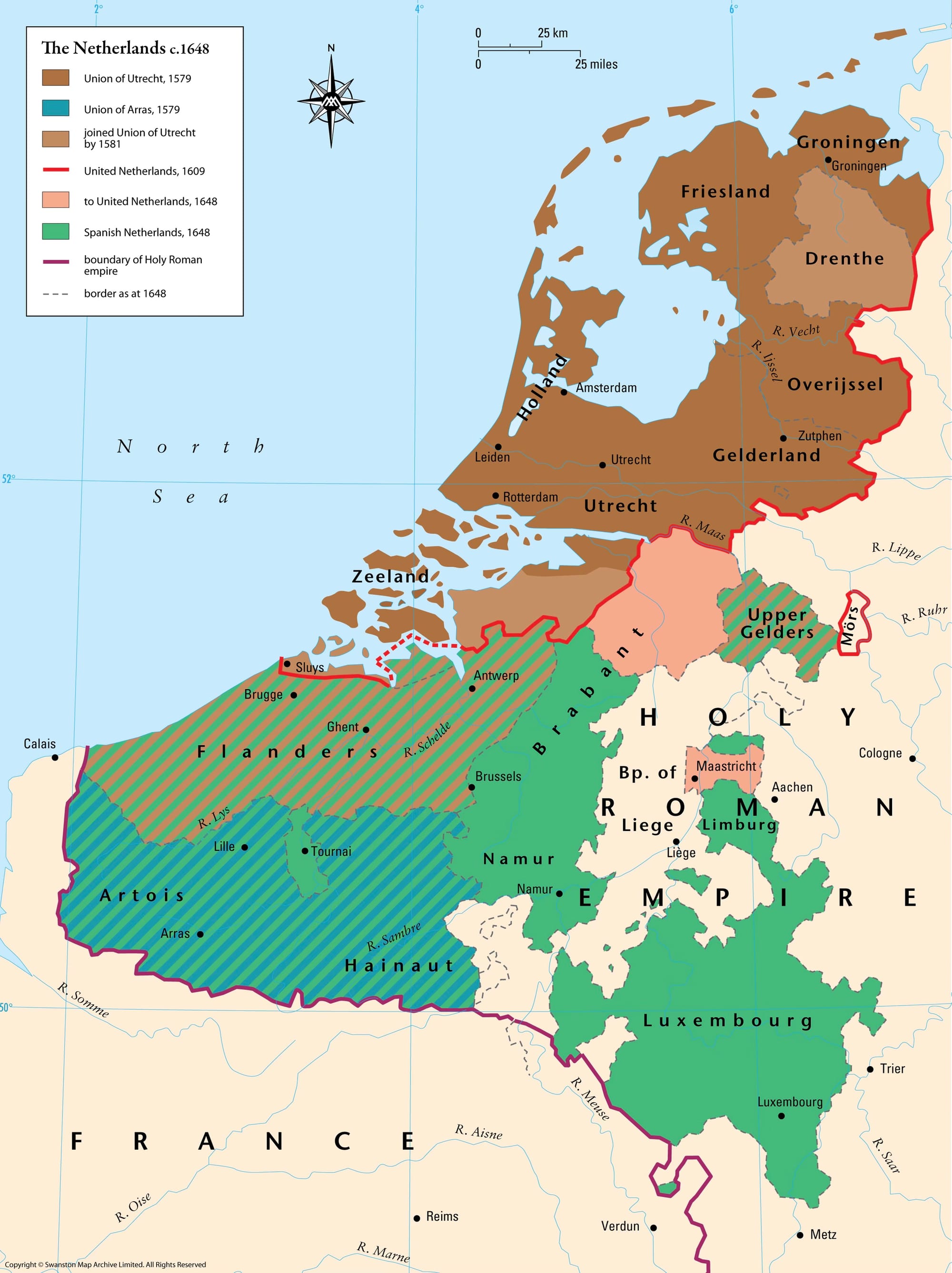
The Netherlands in the late sixteenth and early seventeenth centuries. During this era, Portuguese Jews settled in Amsterdam. Left map from the Map Archive. Right map from the Map Archive.
One of the ways we can reframe how we teach about the Dutch in the seventeenth century is by focusing on the intertwined histories of Amsterdam’s Black and Jewish communities. During the seventeenth century, many Sephardic Jews from Portugal settled in Amsterdam, where they established a thriving Jewish community. They also regularly brought their enslaved Black African servants with them. We can include examples of the intertwined history of Amsterdam’s Jewish and Black communities to highlight how Jews adapted to an increasingly interconnected Early Modern world.
Amsterdam Haggadahs
This content is for Paid Members
Unlock full access to Liberating Narratives and see the entire library of members-only content.
SubscribeAlready have an account? Log in

